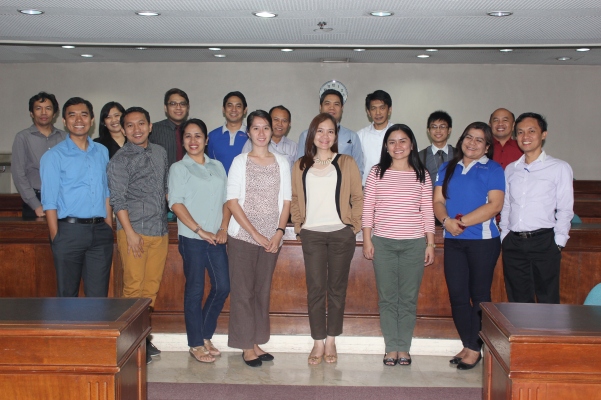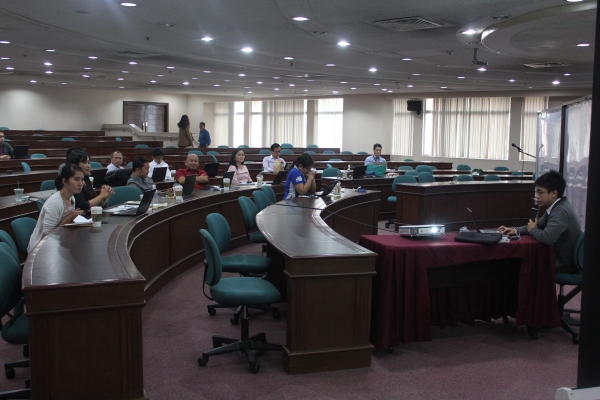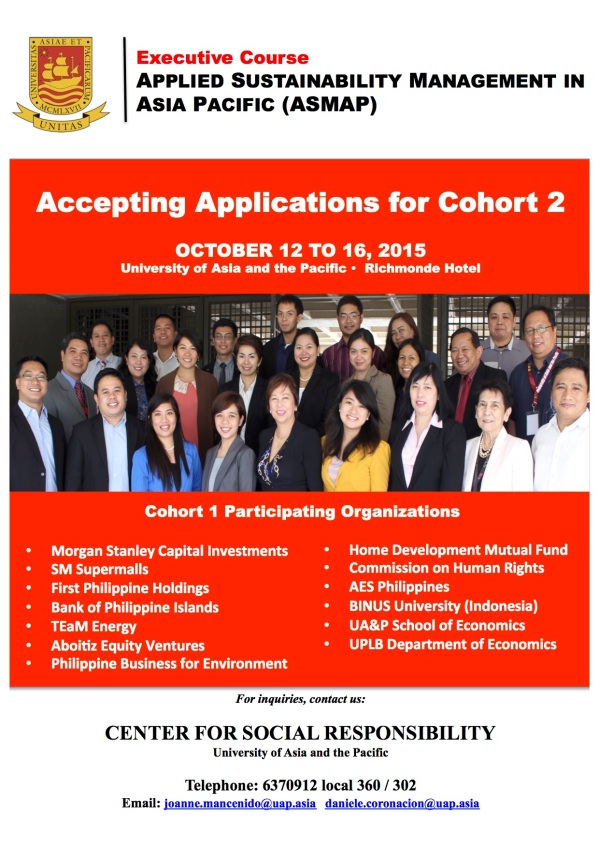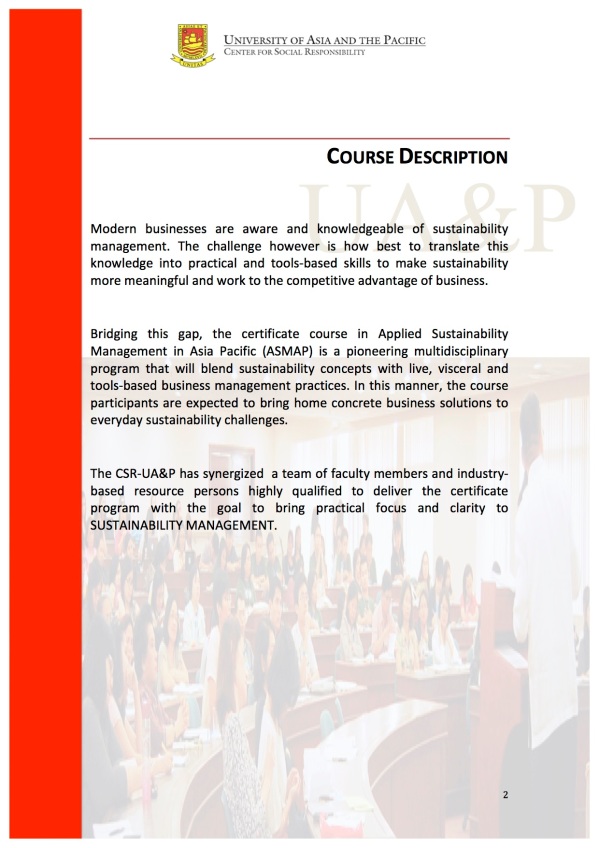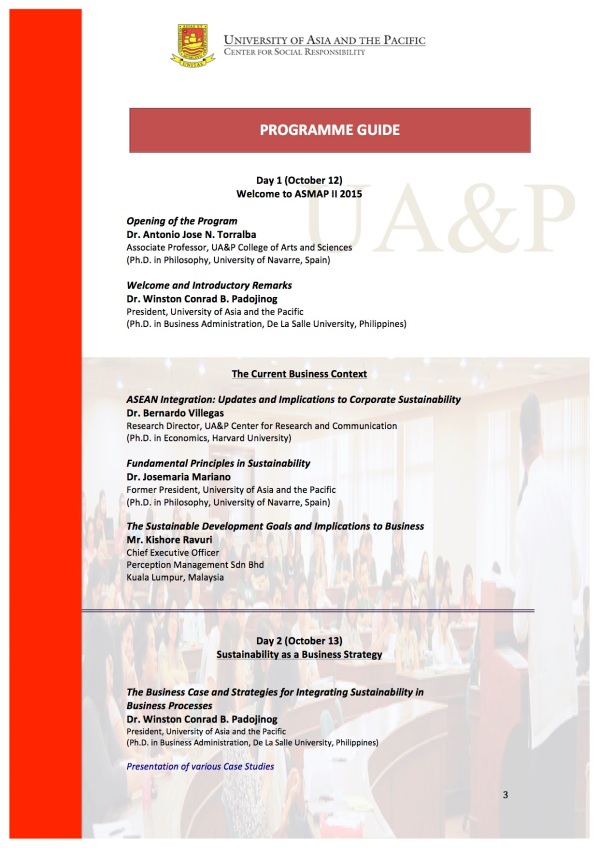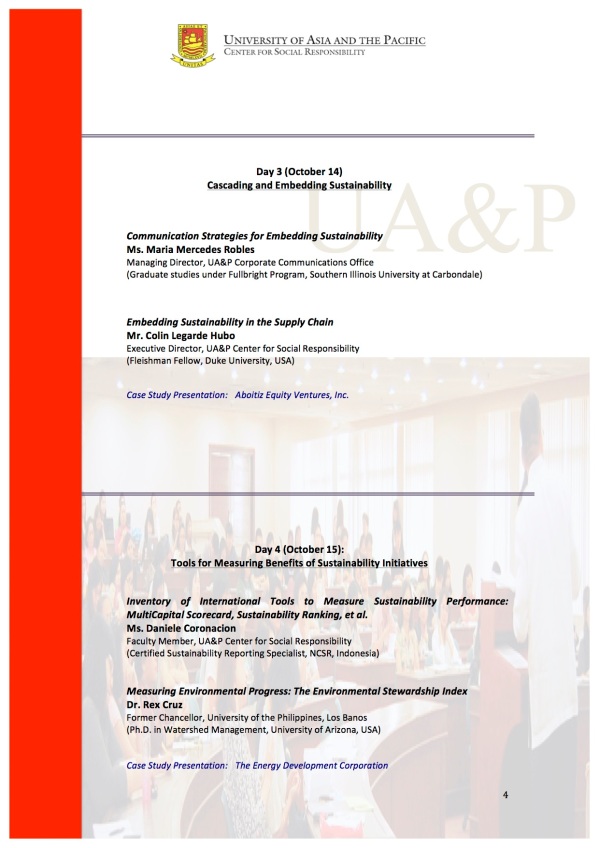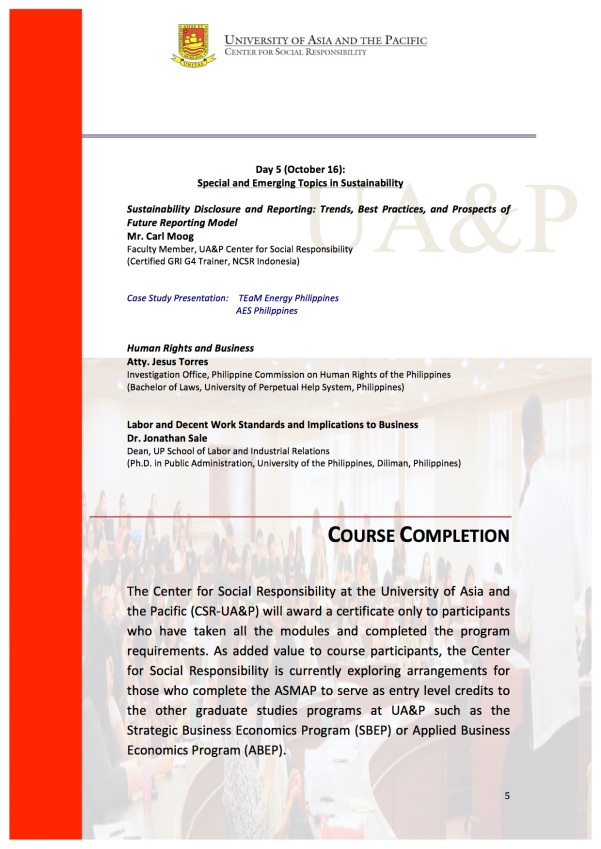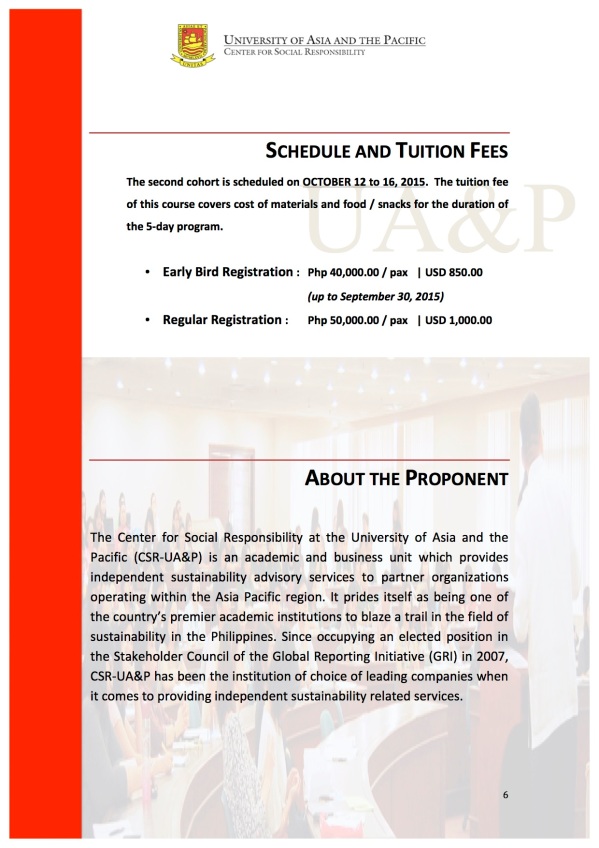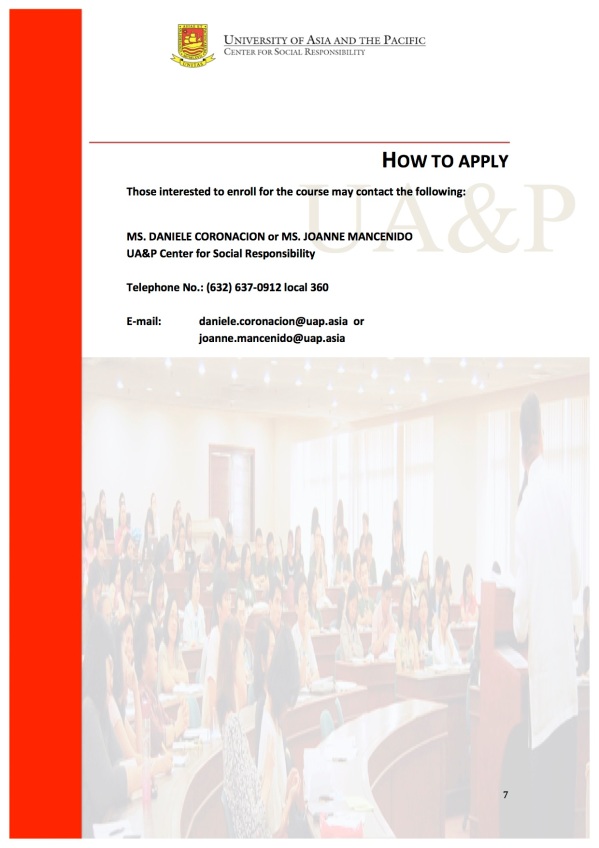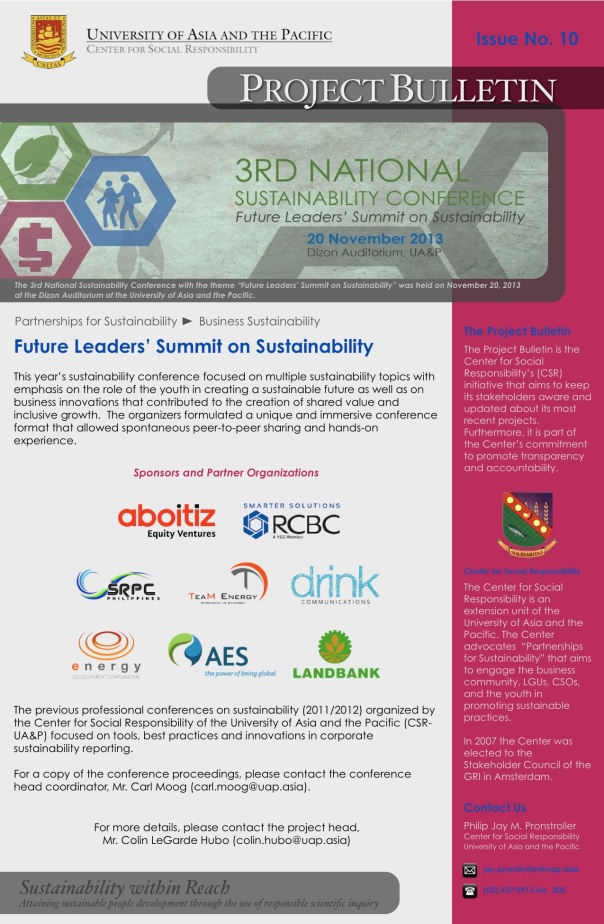“…94% of businesses lack an adequate long term strategy to deal with
resource scarcity.”

How the company of 2020 will operate in a resource-constrained world
By Steven Wilding on Feb 18, 2013
Key findings and challenges identified during the recent hour-long webinar
The extract includes some key findings and future challenges identified by our expert speakers and contributions from the audience. Several industry polls took place during the webinar which have also been factored into the selected findings.
The webinar featured the following expert speakers:
- Raji Hattar, Chief Sustainability and Compliance Officer, Aramex
- Nicola Kimm, Corporate Sustainability Director, CSM
- Ioannis Ioannou, Assistant Professor of Strategy and Entrepreneurship, London Business School
A few of the webinar’s key findings
- 94% of businesses lack an adequate long term strategy to deal with resource scarcity.
- Lack of C-suite engagement. Currently there is too much emphasis on so called “super CEOs” such as Paul Polman at Unilever. Most CEOs are not showing enough leadership on the issue of resource scarcity.
- Sustainable products are only more expensive when a company has failed to innovate sufficiently to create a green and competitively priced product or not invested enough in R&D.
- Greater competition for resources will lead to price volatility and supply shortage making it essential competing companies operate with suppliers in a collaborative way.
- Creation of closed loop supply using by-products traditionally classed as waste will become the standard model.
- Investors are increasingly taking note of resource scarcity as part of ESG assessment. Access to finance is improved for companies adopting a more sustainable business model.
- Key to delivering a business model adapted to resource scarcity is the creation of a more sustainable supply chain.
- Promoting sustainable consumption among consumers is of equal importance as engagement with frontline managers and staff.
- Collaborative industry groups and associations, such as RSPO, are crucial for companies to manage their supply chain in a more resource friendly way.
- Targets matter to frontline staff. Frontline managers and staff need to identify realistic, manageable and localised goals which will contribute to ambitious long term companywide targets to reduce resource usage.
- In the Gulf States and the Middle East the attitude is moving away from sustainability as philanthropy and more towards integration of corporate responsibility in business processes especially amongst public shareholding companies.
Whilst the webinar was a solution driven debate and discussion, the challenges to overcome are immense with implementation taking place over the coming years and decades. As such, speakers and participants identified some future challenges to address in order to move towards a resource friendly business model.
Ten challenges for the future
- Decoupling increased growth and profitability from greater use of resources.
- Identifying resource scarcity not just as a business threat but an opportunity to develop long term partnerships with suppliers.
- Adopting a “circular economy, cradle to cradle” approach.
- Ending artificially cheap oil prices in resource rich states and creating awareness of its finite supply and true value.
- Innovative development of renewable technology and its integration into mainstream energy generation.
- Going beyond the niche of “eco labels” and “eco brands” to generate mainstream demand for sustainable products.
- Teaching consumers which products are sustainable and why they should buy sustainable products.
- Increasing government involvement to incentivise resource friendly business models and if necessary legislate to ensure it happens.
- Increasing the pace of change in the Gulf States and Middle East where abandoning a philanthropic attitude to corporate responsibility is slow amongst medium sized and small companies.
- Convincing companies of the business case for renewable energy in the long term even if the benefits may be limited in the short term.
A recording of the full hour-long webinar is available as a free download here
The discussion going forward…
All of the speakers who took part in the webinar at will be speaking at Ethical Corporation’s flagship Responsible Business Summit, May 7th and 8th in London where resource scarcity will form a key part of the agenda.
Debating resource scarcity on of the opening keynotes will be:
- Barbara J. Krumsiek, Chief Executive Officer and Chair, Calvert Investments
- Gerard Hoetmer, Chief Executive Officer, CSM
This will be followed up by several roundtable debates looking at different aspects of resource scarcity in-depth. These will be facilitated and moderated by speakers from: Rio Tinto, Rezidor Hotel Group, ING Group, Aramex, CLP Group and First Climate.
For more information about this and all of the sessions download the Summit brochure.
